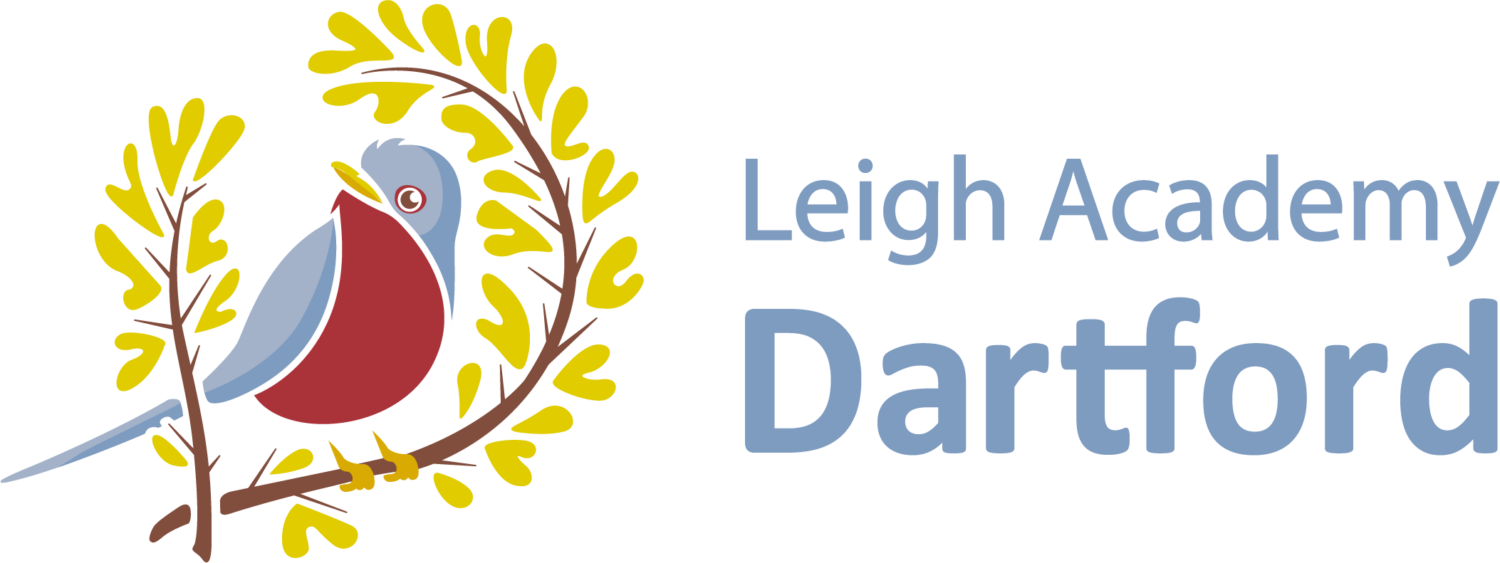Our intention at Leigh Academy Dartford in teaching history through the philosophy of the IB and the Primary Years Programme (PYP), is that all our pupils, regardless of need and background, acquire the knowledge and skills to ask questions, research and become active historians both now and in later life. It is planned to give pupils knowledge and skills above the National Curriculum and create active, global citizens that can make a positive contribution to their community now and in their later life. We intend that through the study of history our pupils will learn how they can change the world for the better and in doing so prepare each student for their next phase of education.
The curriculum is planned so that knowledge, skills and understanding builds on what the children have been taught with clearly defined end points. Children will be exposed to a range of sequential knowledge of the past and its events, building on a range of historical skills throughout every year group such as: chronology, vocabulary and making comparisons alongside this. Our curriculum reflects that some children may not have the same experiences as others from outside of school and aims to provide all children with rich and meaningful historical learning across a range of topics and events. Through History, the children are able to analyse and research good and bad models of citizenship from society and reflect on what individuals and nations can learn from the mistakes and actions of others. They will be able to understand change and how this has occurred in developing societies. This will allow the pupils to develop an appreciation and respect for diversity in today’s society and an understanding of the people or groups who fought for this. This enables the children to feel united and understanding of the world they live in.
Therefore, the History curriculum at Leigh Academy Dartford allows children to take advantage of opportunities, responsibilities and experiences in later life. Overall, the children will also be immersed in their own local history which enables them to develop an appreciation and recognition of the history around them and how this has shaped their own lives, experiences and future. Furthermore, we deliver a broad range of historical knowledge and experiences that allows all children to be equipped with the cultural capital they need to move forward in their life.
At Leigh Academy Dartford, History is based on the National Curriculum and Development matters and is taught through six transdisciplinary themes. Key knowledge and skills in history are outlined through key focus documents across years groups in areas such as: vocabulary, chronology and understanding, knowledge and interpretation and historical enquiry. Historical topics are taught in chronological order to build on their understanding and ability to make connections of things as time has progressed and moved forward. Teaching is adapted to meet the needs of all children, including those with SEND and additional needs. Challenges are also included in order to ensure that all children are regularly challenged and form strong connections across historical experiences and knowledge. Teachers are able to develop their subject knowledge through CPD opportunities.
Pupils are taught key concepts in history through a range of cross-curricular activities and subjects to develop the pupils’ ability to form understandings, connections and knowledge with regular opportunities to discuss ideas. Understanding is assessed regularly through questioning, lesson feedback and a range of formative and summative assessments. This allows teachers to find and address any misconceptions and support the children’s growing understanding. These activities also allow children to embed key concepts into their long-term memory and apply them fluently both in school and the real-world. History at Leigh Academy Dartford is often linked to the real-world to allow them to become critical and reflective thinkers, learners and citizens.
By the end of their time at Leigh Academy Dartford, children will be well equipped to move onto the next stage of their education and learning journey by being able to: ask and answer questions, analyse sources, join in discussions and demonstrate secure chronological understanding. The way the history curriculum is structured and organised ensures that all children have the opportunity to make progress in that they know more, remember more and are able to do more. Consequently, all children will be able to achieve good results and ensure they are prepared for the rest of their educational journey and beyond with lifelong skills. All children, including those who are disadvantaged and SEND, will all acquire the knowledge and cultural capital they need to succeed in life.



